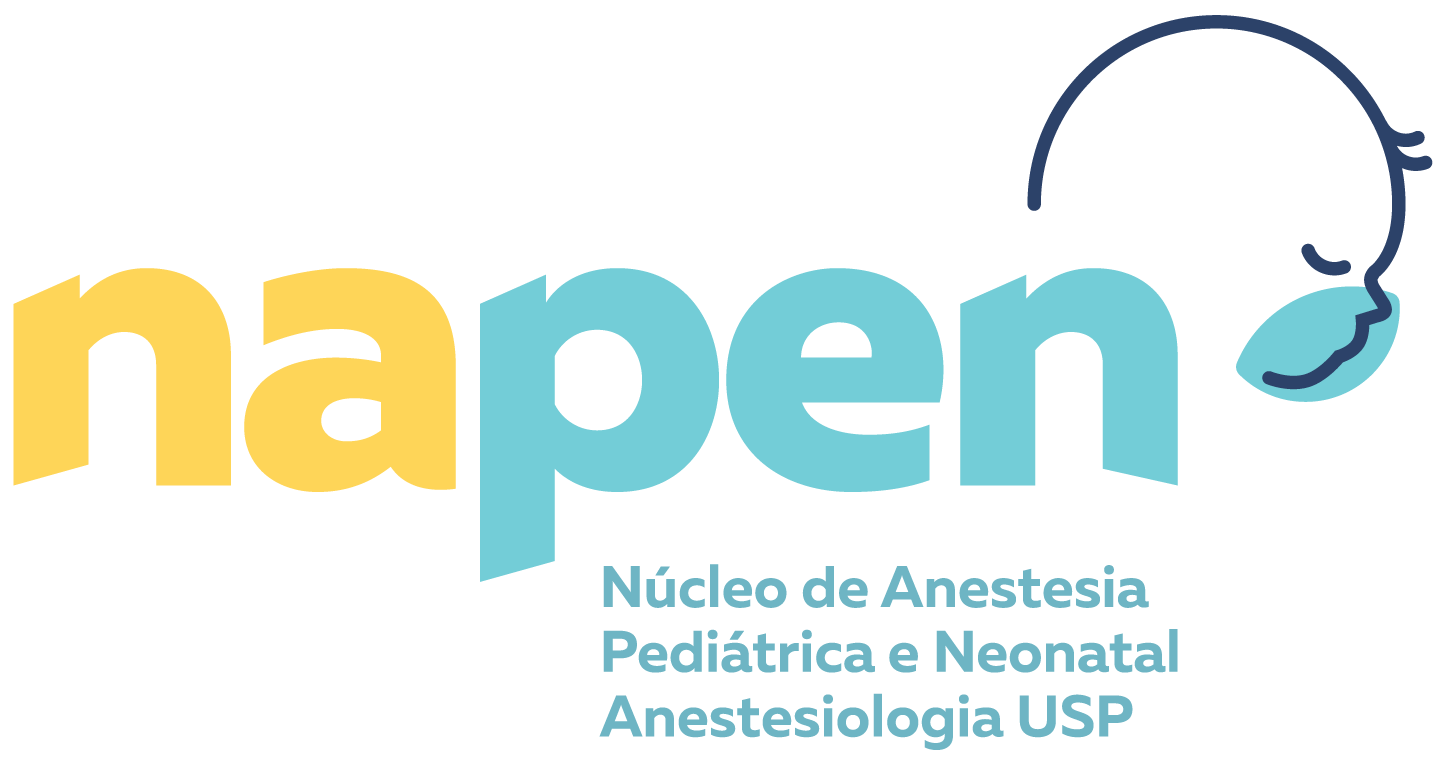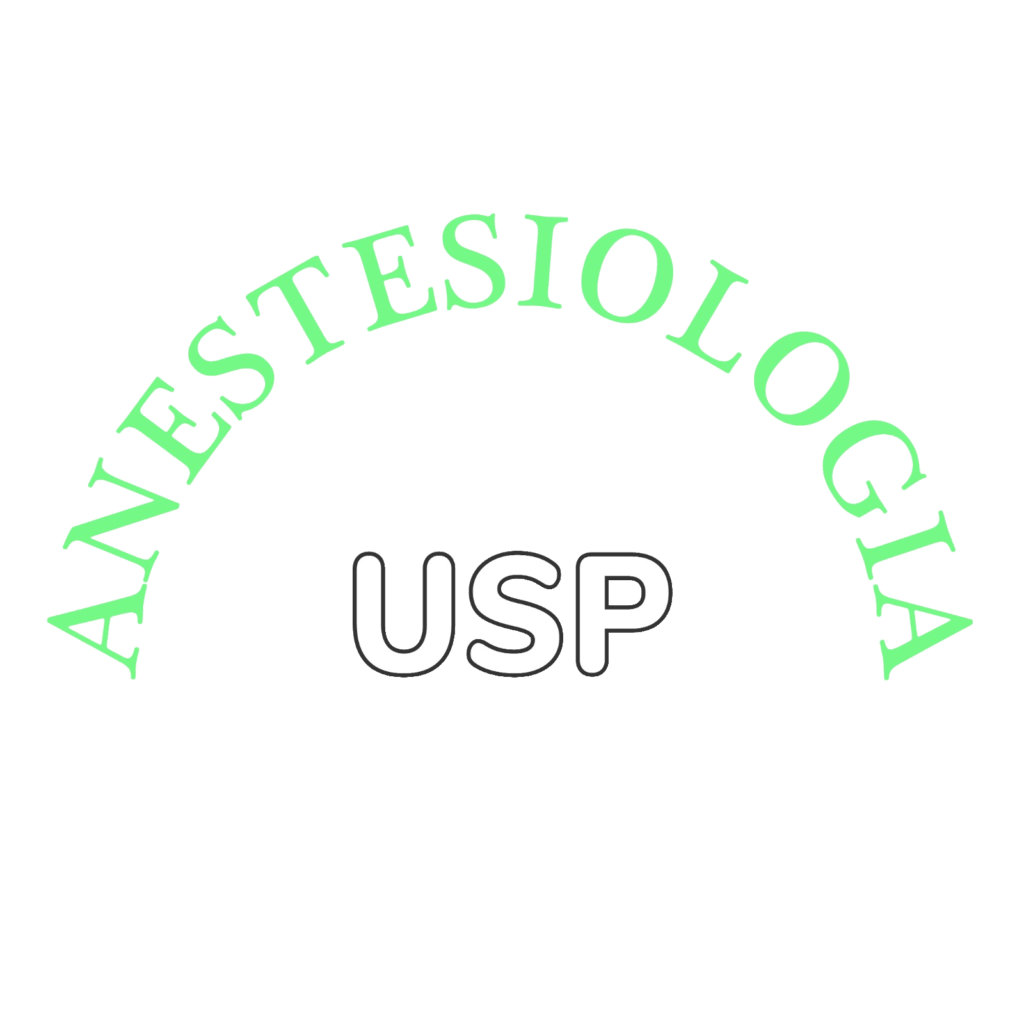CME
Theoretical Foundations in Pediatric and Neonatal Anesthesia
Objective:
The objective of this course is to provide Brazilian anesthesiologists with comprehensive theoretical knowledge in pediatric and neonatal anesthesia. The course will cover fundamental principles, advanced techniques, and specific challenges in anesthetic care for neonates, infants, and children. By the end of the course, participants will be able to:
- Understand the anatomical and physiological particularities of pediatric and neonatal patients that influence anesthetic practice.
- Apply appropriate assessment and monitoring protocols for different pediatric age groups.
- Implement anesthetic techniques specific to surgical and diagnostic procedures in children, ensuring patient safety and well-being.
- Manage complications and emergencies related to anesthesia in pediatric and neonatal patients.
- Integrate theoretical knowledge with clinical practice through case studies and realistic simulations.
This course is intended for anesthesiologists in training and professionals seeking to update and expand their knowledge in pediatric and neonatal anesthesia, aiming to improve clinical outcomes and patient safety.
Format:
The course will be conducted over 28 weeks. Each week will include either a recorded or live lecture, followed by a live session of up to 1 hour dedicated to discussions and questions and answers. Throughout the week, participants will have access to an online forum to discuss topics related to the course content and will have access to articles and supplementary materials. It is estimated that participants will need to dedicate approximately 4 hours per week for forum activities. The total course workload will be 180 hours.
Program:
- Morphophysiological differences in children
- Preoperative assessment of children
- Preoperative fasting
- Perioperative fluid management
- Major surgical emergencies in neonates
- Management of acute perioperative bleeding in pediatrics
- Venous vs. Inhalation anesthesia in children: pros and cons
- Point-of-care ultrasonography in Pediatric Anesthesia
- Monitoring of anesthetic depth in children
- Monitoring and reversal of neuromuscular blockade in children
- Anesthesia in children with myopathies
- Anesthesia for pediatric otolaryngology
- Anesthesia for pediatric thoracic surgery
- Anesthesia for abdominal and urological surgery – part 1
- Anesthesia for abdominal and urological surgery – part 2
- Anesthesia for pediatric neurosurgery
- Practical aspects of mechanical ventilation in pediatric patients
- Anesthesia for pediatric plastic and reconstructive surgery
- Anesthesia for fetal surgery
- Anesthesia for pediatric ophthalmology
- Anesthesia for liver transplantation
- Anesthesia for kidney transplantation
- Anesthesia for cardiac patients undergoing non-cardiac surgery
- Pain management in pediatrics
- Perioperative respiratory adverse events
- Crisis management algorithms in pediatric anesthesia
- Pediatric perioperative cardiac arrest
- Postoperative care
Organization and Certification:
The course will be organized by the Pediatric and Neonatal Anesthesia Committee of the Anesthesiology Department at the University of São Paulo (USP), and the certification will be issued by the Faculty of Medicine of USP (FMUSP).
Registration:
Registration will be open from January 15, 2025, to February 15, 2025, through the CCEx website of FMUSP: https://www.fm.usp.br/ccex/aperfeicoamento/-fundamentos-teoricos-em-anestesia-pediatrica-e-neonatal
Program Start:
March 2025




